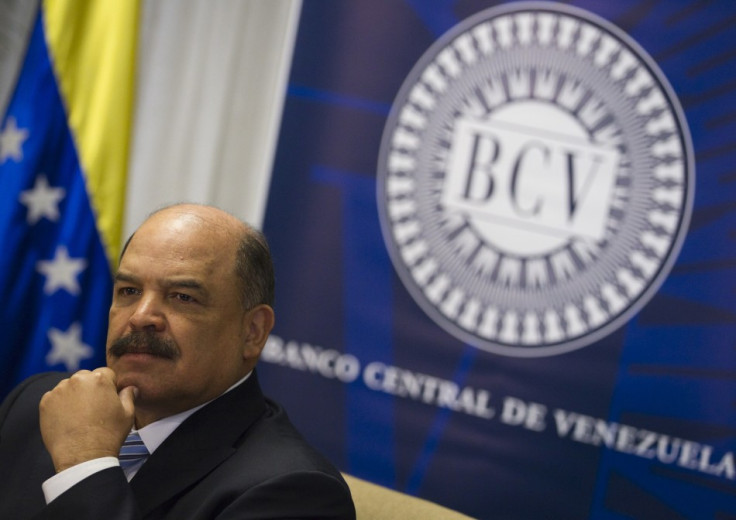Venezuela Devalues Currency by 32% Against US Dollar
Devaluation of bolivar raises concerns of high inflation

Venezuela has slashed the value of its currency by 32 percent against the US dollar in an attempt to boost growth in the economy.
With the latest move which is aimed to "minimise expenditure and maximise result", the Venezuelan bolivar will go from 4.3 to 6.3 to the dollar at the official exchange rate. This will, in effect, boost state revenues for the largest oil exporter in Latin America as oil transactions are dollar-denominated.
But it will also fuel inflation in the economy, with imports becoming costlier. Shoppers fearful of price hikes are already crowding stores in some parts of the country, according to a Reuters report.
President Hugo Chavez, who is undergoing cancer treatment in Cuba, has personally instructed the devaluation of the currency, for the fifth time in a decade. The change had been widely expected by economists and will take effect from 13 February.
"Our commander-president has decided them with full consciousness and clarity ... to guarantee economic growth and diversification this year," said Vice President Nicolas Maduro, who is the preferred successor to Chavez in case of a new presidential election.
However, the decision has been widely criticised by opposition political leaders as typical of the economic incompetence of the Chavez government.
"The Maduro-Cabello duo are finishing off our Venezuela, we must not allow it!" wrote opposition leader Henrique Caprilles on Twitter, accusing Maduro and Congress head Diosdado Cabello of wasting the revenue from high oil prices.
"They spent the money on campaign, corruption and gifts abroad. What a lying government!"
Venezuela's economy grew at a rate of 5.5 percent in 2012 but the inflation rate spiked to 20 percent, the highest level in Latin America.
© Copyright IBTimes 2025. All rights reserved.





















